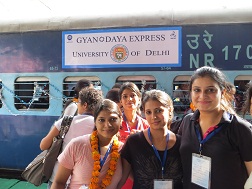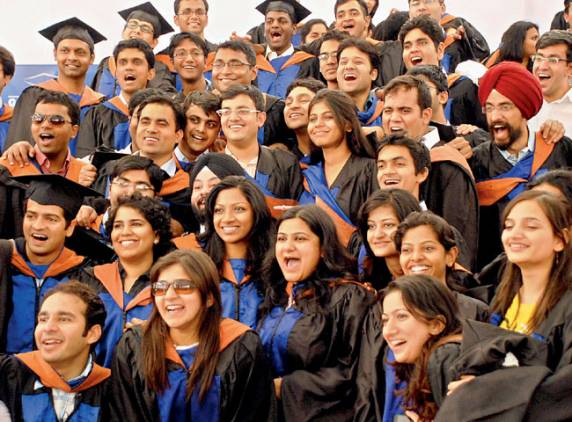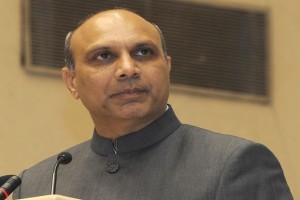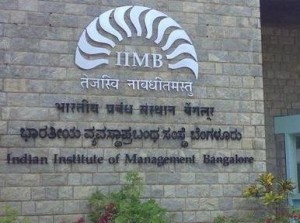National Instruments (NI) and the NICE (Nurturing Innovation and Creativity in Education) Committee hosted the 12th Annual Educator’s Day 2013 in Chennai. The conference showcased the latest tools and best practices in engineering education. It was a compelling success with participation of over 500 researchers, professors and eminent academicians across the country.
Dr James Truchard, president CEO and co-founder of National Instruments met the vice Chancellor of Anna University and discussed the challenges in Engineering education. Addressing the student gathering at Anna University, he spoke about the need for more hands-on learning and experimentation in the classroom. Jayaram Pillai, MD, National Instruments India, Russia and Arabia spoke about the endless opportunities available for tomorrow’s engineers, and creation of engineering applications based on NI’s standardized GSD platform.
National Instruments also announced NI myRIO, an embedded hardware device to help students design real, complex engineering systems more quickly and affordably than ever before.
Based on the same powerful technology as the popular NI CompactRIO platform, NI myRIO is smaller and more student-friendly than its industrial counterpart. NI myRIO includes the latest Zynq all programmable system on a chip (SoC) technology from Xilinx, which combines a dual-core ARM Cortex-A9 processor and an FPGA with 28,000 programmable logic cells. Using the power of the NI LabVIEW graphical programming environment, students can program the FPGA and evolve their systems in real time, giving them the flexibility to prototype and quickly iterate on their designs.
A national level student competitions – NIYANTRA, embedded systems design contest for engineering students and VIMANTRA, technical paper writing contest staged its Grand Finale on 2nd Sep. The competitions saw an overwhelming response this year with 1700 entires for NIYantra alone. The winner of VIMANTRA was the team from Dwarkadas J. Sanghvi College of Engineering for the project on ‘Collision avoidance in self aware vehicles.’ NIYANTRA winner is the team from University Institute of Engineering and Technology, Punjab University for their application titled ‘Autonomous Surface Monitoring Robot.’






























